Infants & Toddlers
The Plight Of Child Homelessness In The United States

This is the first blog post of a series in collaboration with the Lesley University Child Homelessness Initiative (CHI). For more information about the CHI curriculum, and the ways in which it seeks to empower the next generation of teachers and caregivers to understand and advocate for homeless children, visit their website.
Choosing Not To Vaccinate

I grew up before the oral polio vaccine; my mother wouldn’t let me go to swim parties for fear of my contracting the awful disease. Her brother had polio as a child, and for many years was partially paralyzed.
So, it shocks me to think that some parents would choose not to vaccinate their kids.
The Role Of Temperament
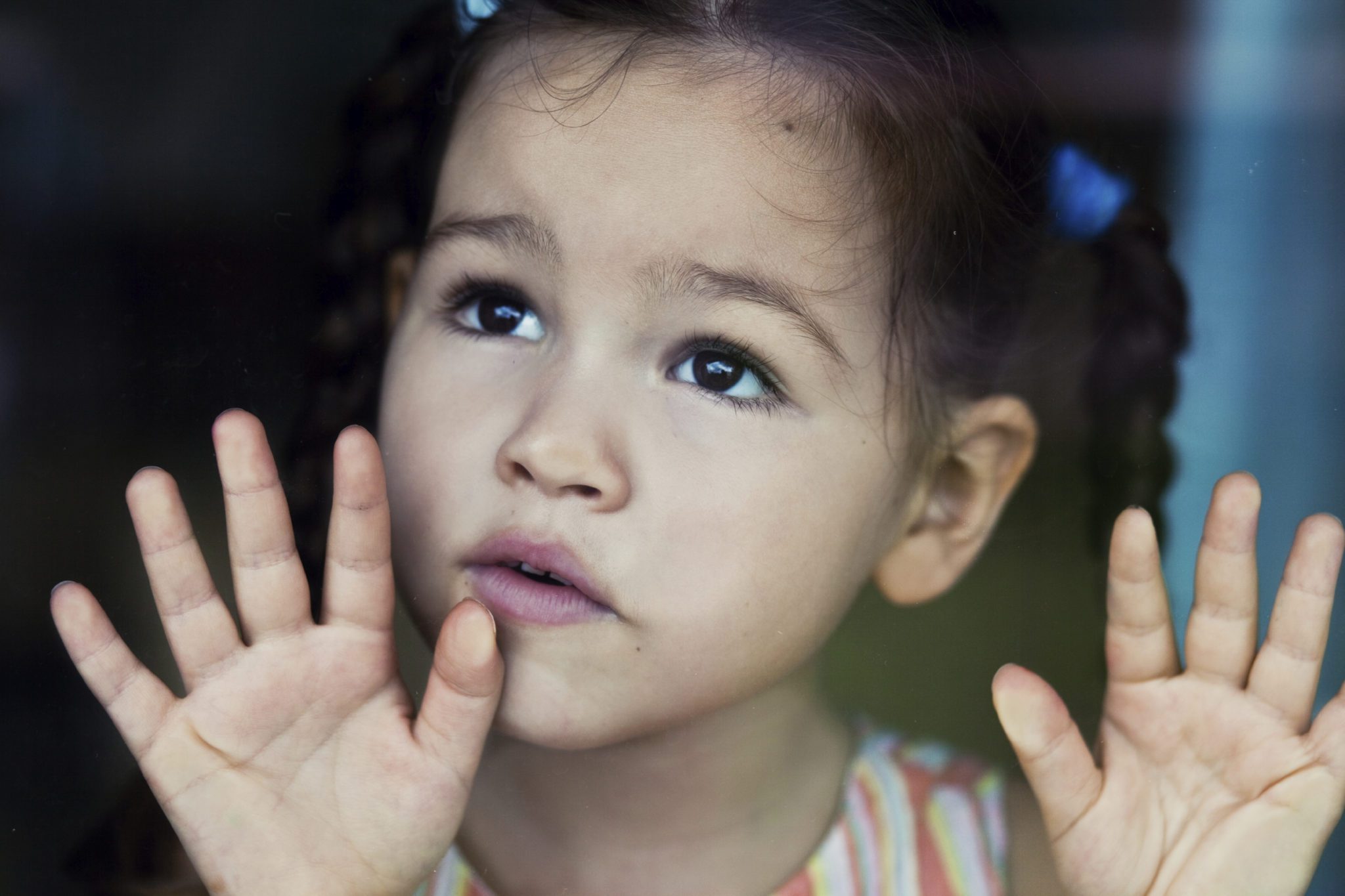
Intro music written and performed by Dr. Gene Beresin.Outro music arranged and performed by Dr. Gene Beresin.
We have all had the experience of either knowing or parenting siblings that seem quite different from one another—in appearance, skills, talents, opinions and personalities.
Reducing Stress for You and Your Baby
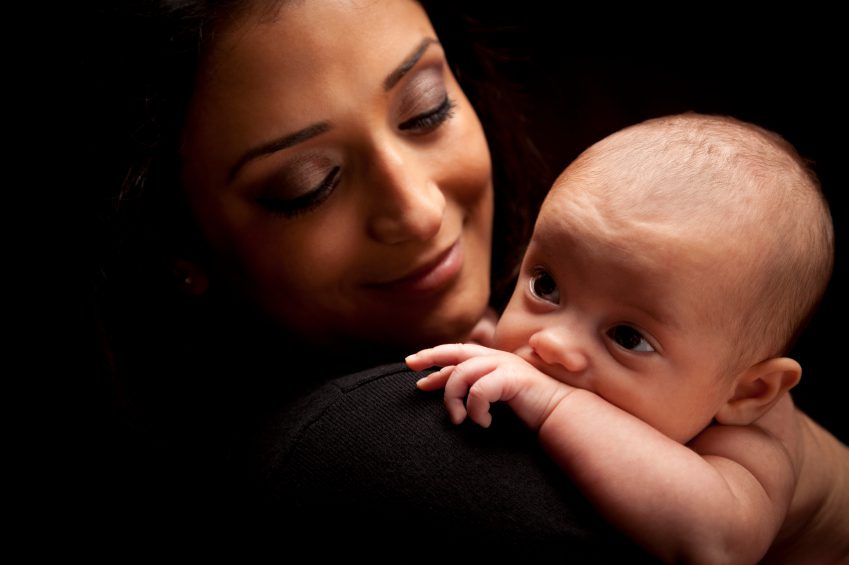
There are few events as stressful (and wonderful) as the birth of a new baby, and the subsequent adjustments to family life in the first year. I’d like to spend some time talking with you about stress and how to deal with it, both for your baby, and for yourself as a caregiver.
How Do I Know If My Child Needs Testing?
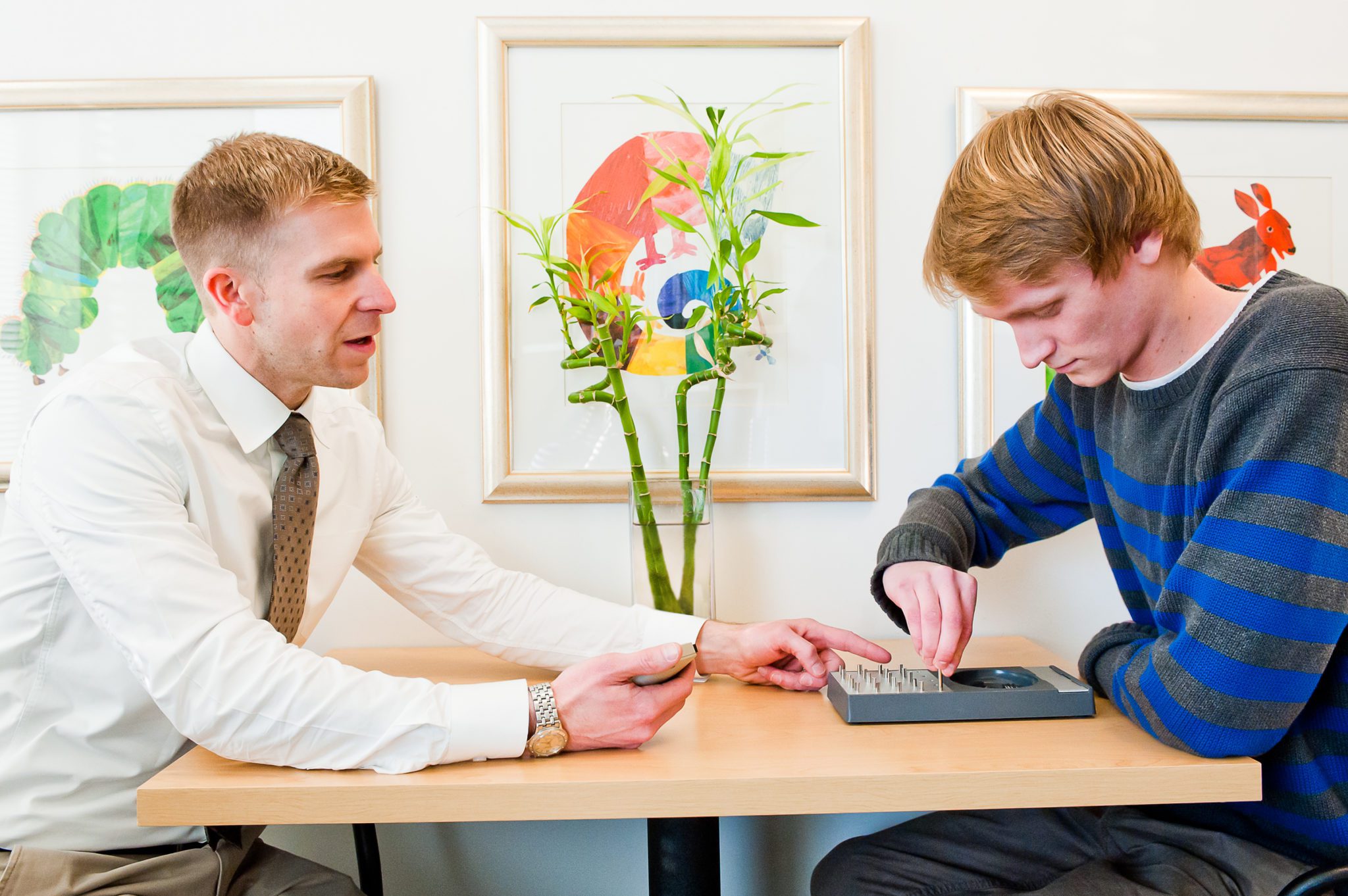
Jim’s mom was frantic when she called me. Jim had been having difficulty in school since the end of kindergarten, at which point it was clear he still didn’t recognize all the letters of the alphabet. He continued to struggle in first and second grade, getting some extra help from the reading specialist.
My 2-Year-Old Resists Being Held
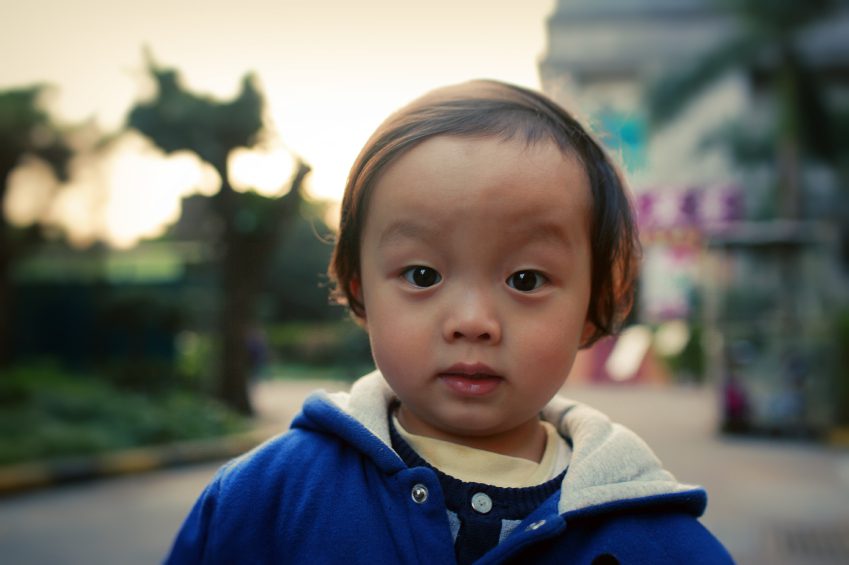
2-year-olds look like they were made to be held.
We’ve all seen the dad in the park picking up his toddler, playfully spinning her around in circles while she throws her head back in delight and laughter.
Giving a 2-Year-Old a 15-Minute Time-Out
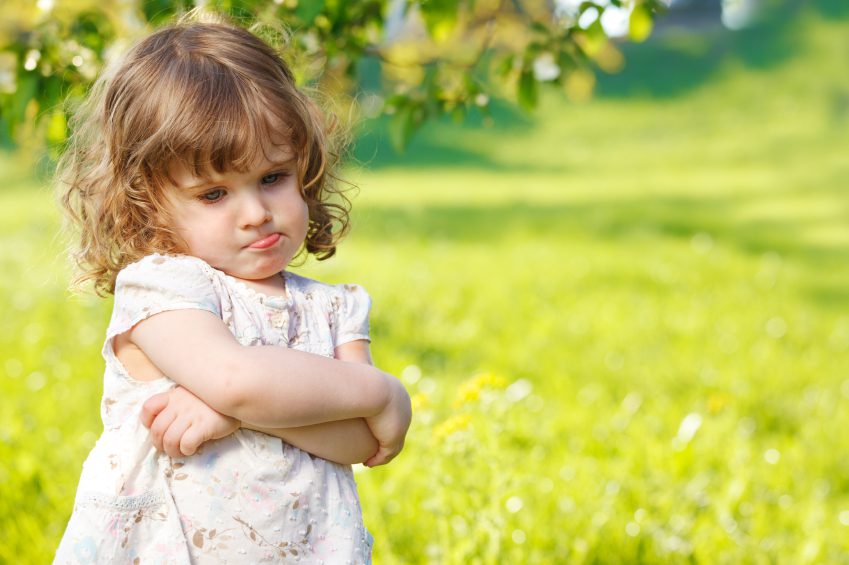
Much to what I imagine is the intense chagrin of my eighth grade English teacher, the word “consequence” has become a verb.
As in:
“If you take another cookie without my saying it’s OK, I’m going to consequence you.”
English teachers everywhere grimace when they hear a sentence like that.
The Very First Family Dinners

None of us can remember our very first family dinners. I’m thinking of the meals we had in the dark, cozy confines of the womb, where we swallowed the flavors of chicken curry or matzoh ball soup, or whatever our mother had eaten for dinner.
My Child Hates The Thought Of Having A New Sibling
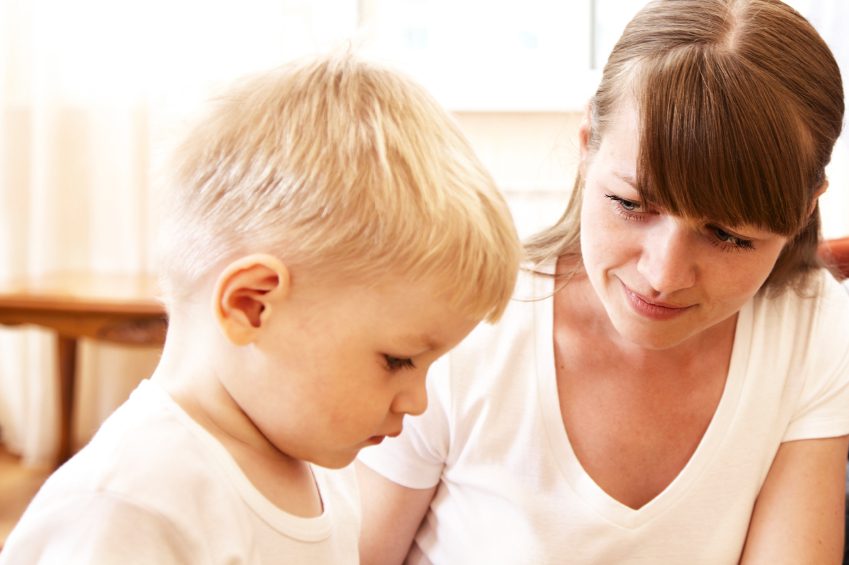
I recall sort of blowing off my concerns that my older daughter wouldn’t welcome her soon-to-be-born sibling. After all, I have a sister, and we get along OK.
Lots of people have siblings. How bad can it be?
One of my mentors helped me to think about this using a simple and telling thought experiment.
How To Make Your Toddler An Adventurous Eater And Cooperative Diner
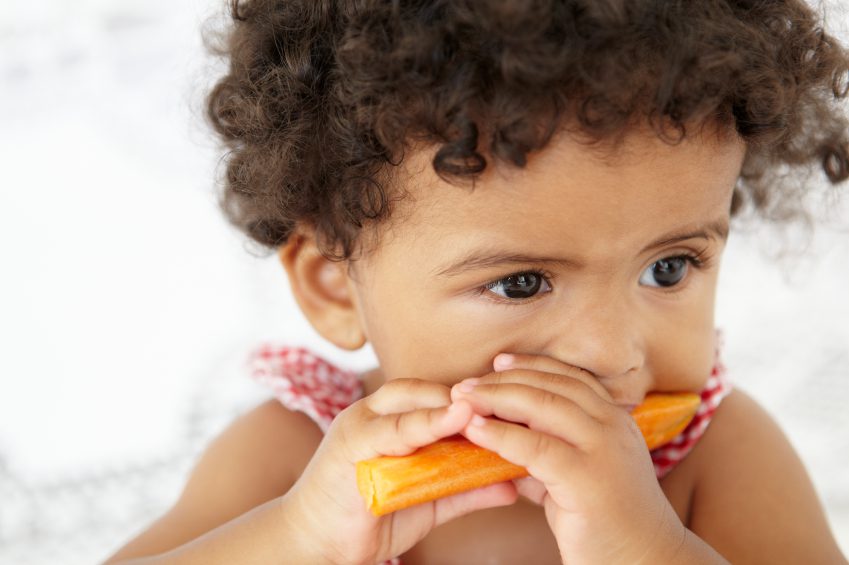
Young kids are not the most civilized dinner companions. Dinnertime can sometimes feel like sitting with a group of monkeys who like to throw and smear their food, and who have short attention spans once they are done eating. But, this is a critical time for developing family meals as a ritual.




